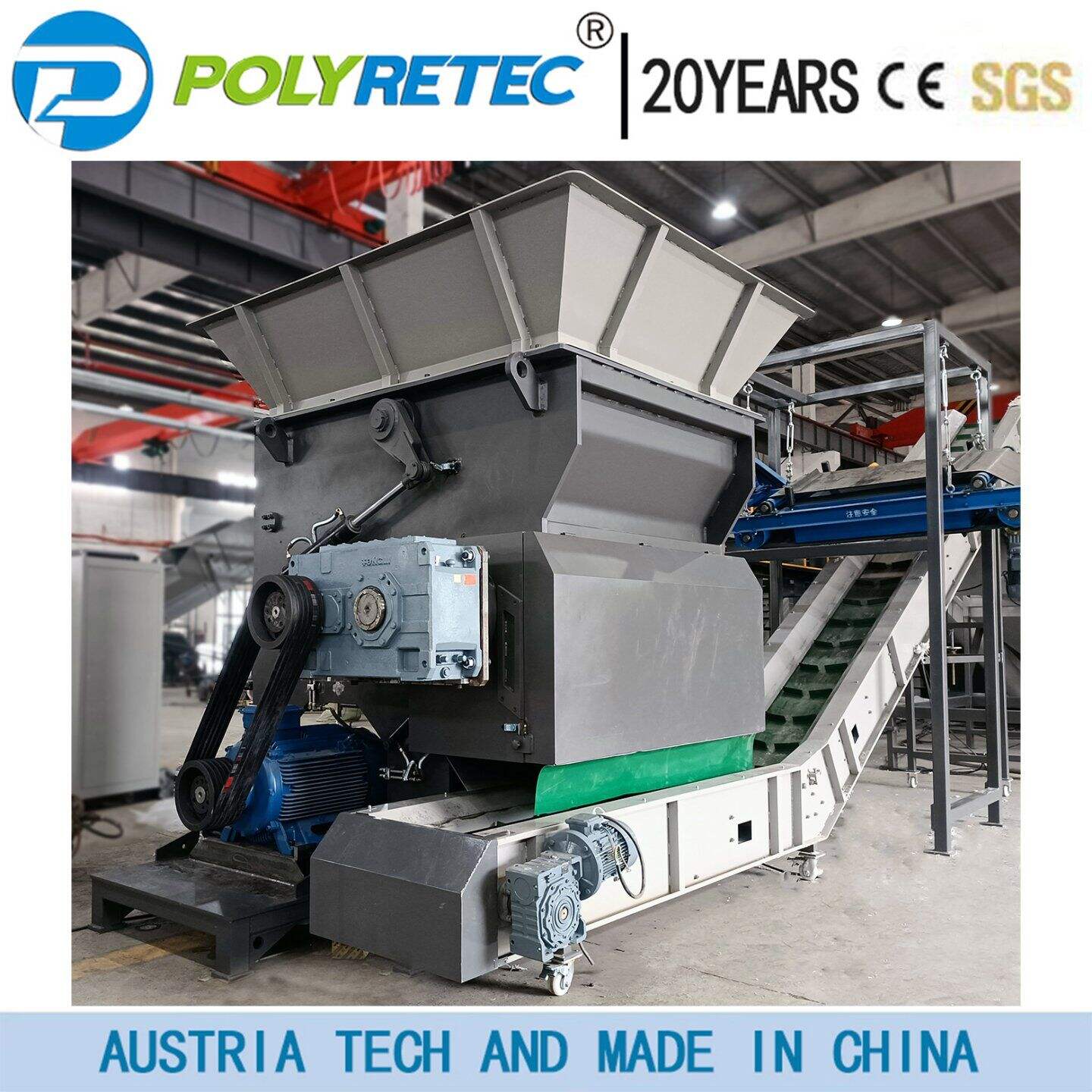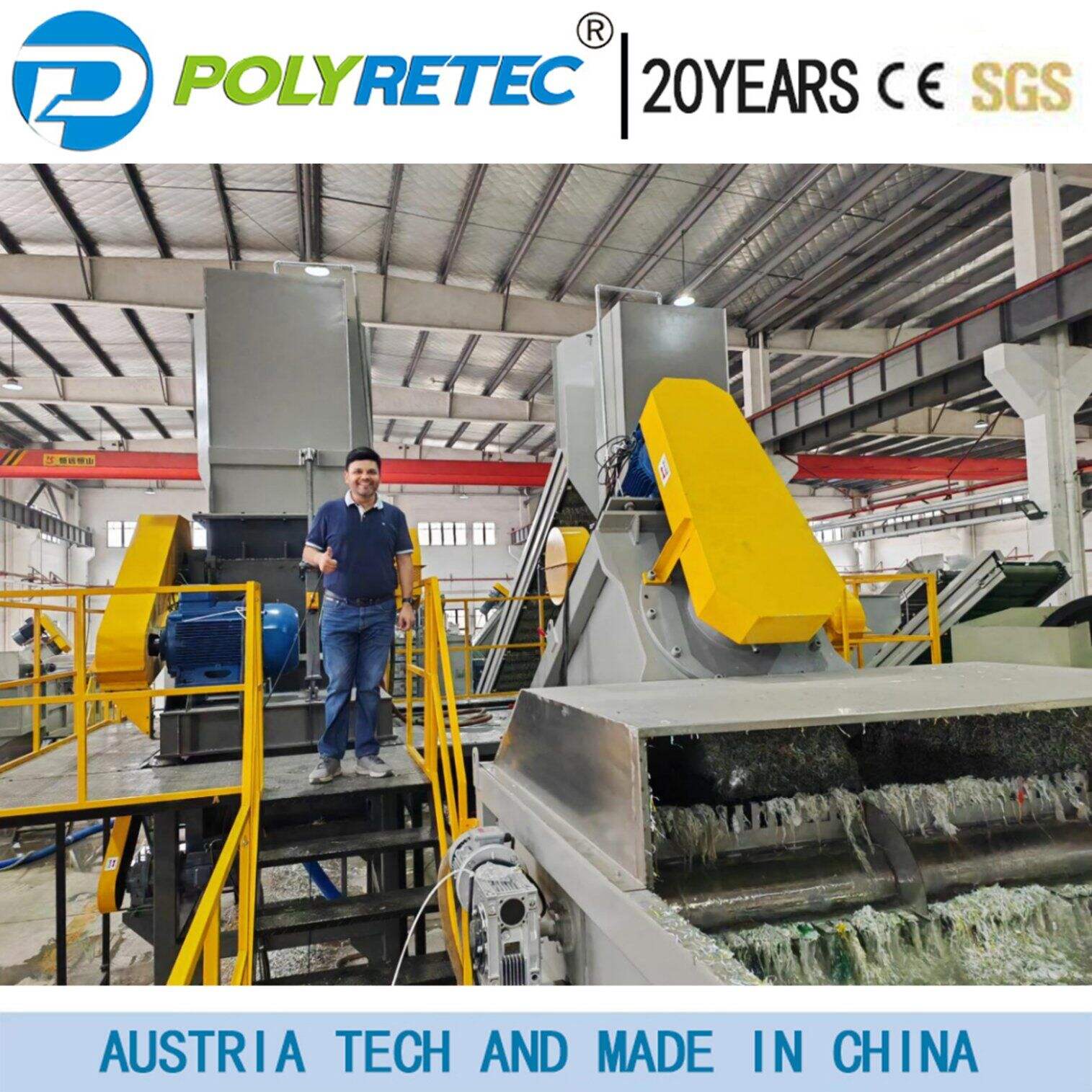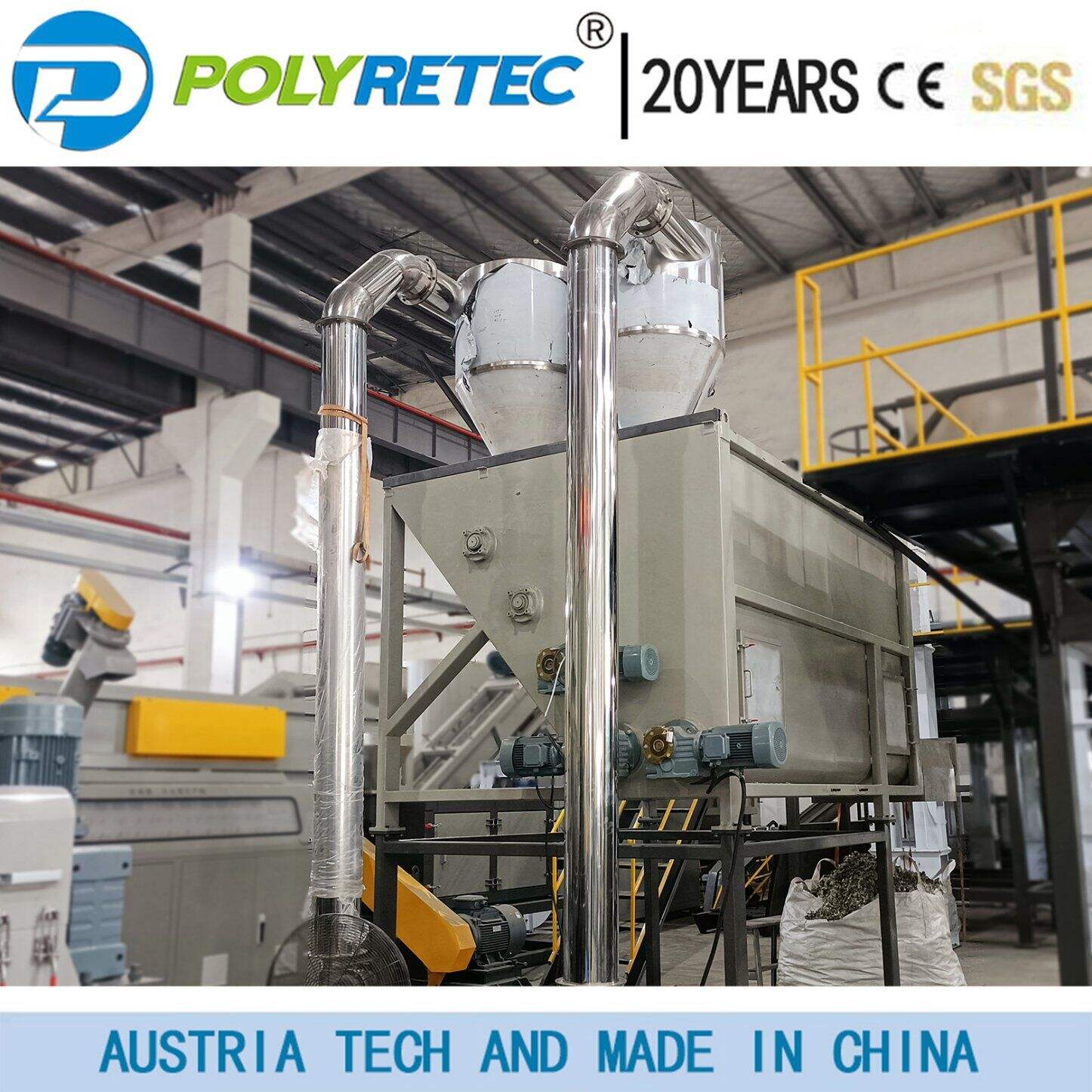plastic recycling plant business
A plastic recycling plant represents a cutting-edge solution to environmental challenges, functioning as a comprehensive facility that transforms plastic waste into valuable resources. These plants employ sophisticated sorting systems, washing lines, and advanced grinding technology to process various types of plastic materials. The primary operations include collection, sorting, cleaning, shredding, melting, and pelletizing, resulting in high-quality recycled plastic pellets suitable for manufacturing new products. Modern plastic recycling plants incorporate automated sorting systems with optical sensors and artificial intelligence to identify different plastic types, ensuring maximum efficiency and output quality. The facilities typically feature high-capacity washing systems that remove contaminants, labels, and adhesives, followed by cutting-edge extrusion equipment that processes the cleaned material into uniform pellets. These plants can handle multiple plastic types, including PET, HDPE, LDPE, and PP, making them versatile solutions for waste management needs. The technology employed ensures minimal environmental impact while maximizing resource recovery, operating with energy-efficient systems and water recycling capabilities.


